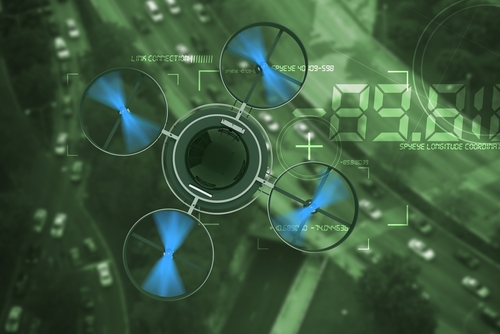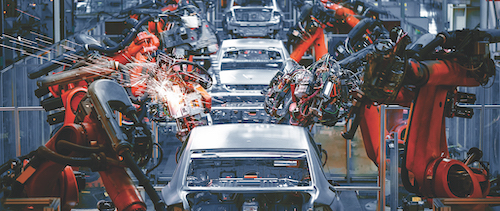Robotics experts have predicted that care robots systems could start to help the elderly in a significant way within a decade or so. Mervyn Kohler, External Affairs Adviser at charity AgeUK, discusses some of the regulation and legal issues with Robotics Law Journal.
What role do you see for robotics in elderly care? When will we see it happen?
There is the potential here to improve the human state substantially. At the moment we are talking about clever gadgets being used around the home, not R2-D2 striding around. But we are not far off from the robot-controlled vacuum cleaner. This could really start to happen as quickly as within the next seven or eight years. It will depend a bit on price and who has the money to pay for it.
It looks as if the mass market of today’s older people may not have a great deal of spare cash. Half of them don’t pay Income Tax because they are under the threshold. If Social Services decided it wanted to pay for this, though, we might be having a very different kind of discussion.
What issues do we need to sort out regarding driverless cars?
If driverless cars come to be used a lot, we’ve got to ensure that there are easy and accessible ways that older people can make a booking to be collected without getting in a muddle.
Up to a point we have seen some of the issues that will affect the new technology already happening with mobility scooters. Over the last three years they have been selling like hot cakes. We don’t know how many there are but there are probably about 500,000 in the UK now with another 100,000 or so being imported each year. At the moment we don’t register them, insist they have an MOT (UK annual safety check) or require that they are insured. But it is beginning to look as if we should get our head round some of the issues. So if a mobility scooter does some damage, whose liability is it? We need to sort those issues out.
There is a case for saying that they ought to have a three-year MOT test and for asking drivers to get insurance. There is a feeling we need to sort out the potential legal problems before a lot more people go out and buy them. If you buy one for £8,000 and you suddenly discover that you have to pay £2,000 more in insurance that you didn’t expect you might be rather annoyed.
Can we learn anything from mobility scooters that could apply to robots?
There may be areas of overlap. If you had a system which controlled and managed your energy and heating systems you would want some form of guarantee if it failed. If we go down that road there are lots of things that need product guarantees. The more expensive a system is, the more that you need a guarantee. If people are dependent on these bits of kit, there needs to be insurance and a good call-out system and so on.
Should there be a right to human contact - incase robotic/AI care starts to replace human care for elderly or vulnerable people?
We had a discussion about this 20 years ago when emergency alarms were invented - but I don’t think the technology was a real issue. With all these technologies, there are new opportunities and some drawbacks. If you are seeing carers under pressure, it’s probably got far more to do with the big picture stuff - working people having busy lives and members of families living far away from each other - rather than because of the technology.
Are you concerned that there could be issues about the selling or costs of hiring out robots and home care systems?
We would warn people to be very careful about the claims being made for these novel gadgets. If it sounds too good to be true, it probably is. We need to go cautiously. We need to be sure to cover off the practical and moral issues. But I don’t want to stop the development of this kind of robotic support.
Will there be data privacy issues for care robots?
That is almost certainly going to happen. You will be giving up data about your individual lifestyle. You have to have some way of disconnecting that data from being gathered. But it might be that the data is being gathered to give you a better service. Let’s see what happens in practice and see if it is proportionate.
For more information on the subject read the interview with professor Tony Prescott.


.jpg)
.jpg)
.jpg)

.jpg)
.jpg)



